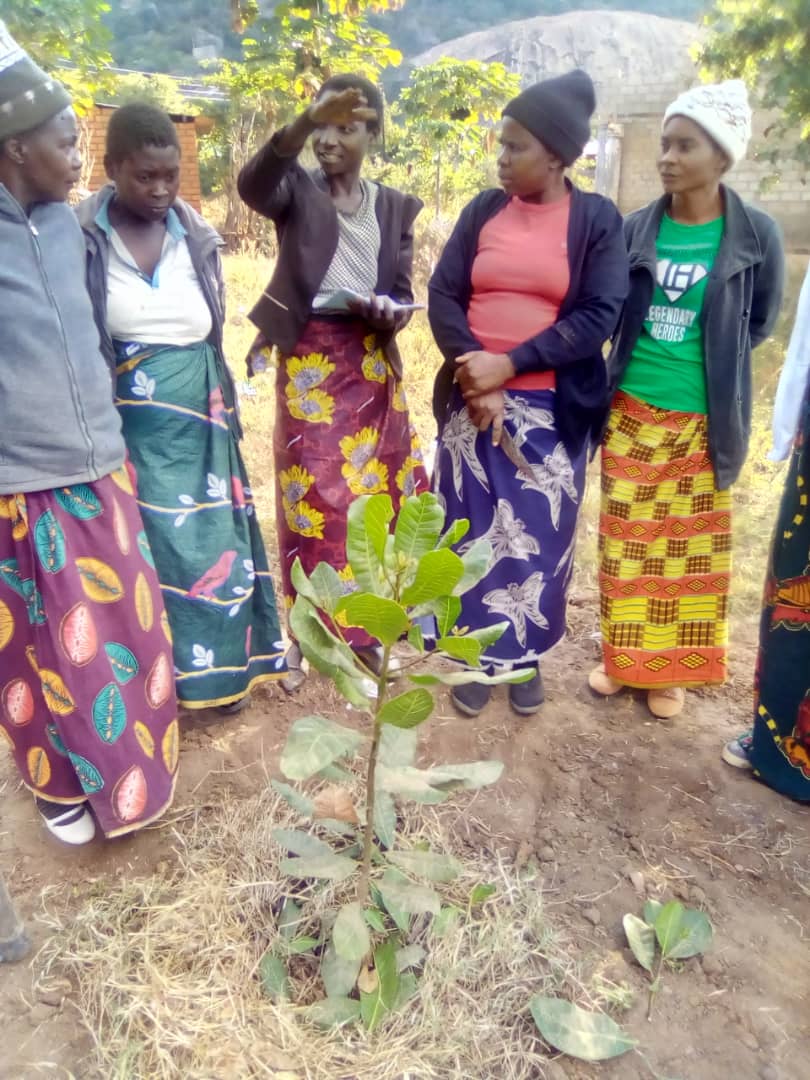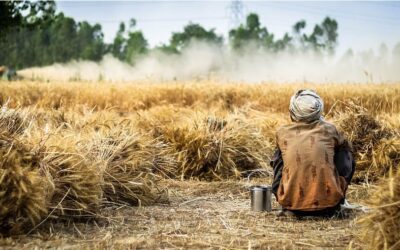International Youth Day – Bringing the youth back into our conversations

THIS PHOTO IS THE PROPERTY OF EFF
“An aging man cannot rewrite his youth but a youth may rewrite his own.” – Terri Guillemets
As we celebrate the International Youth Day on Aug 12, I am glad to see a marked change in the outlook towards agriculture among African youth (especially the women) in the past few years. I would like to think that this has been partially a result of organizations such as Empowering Farmers Foundation (EFF), my non-profit, who have worked tirelessly in tandem with national and provincial governments to change the outlook of agriculture as a sustainable source of income. However, we cannot sit on these initial modest successes, as any lacuna on our part can increase the rate of youth migrating to the cities, which I still consider as one of the five major challenges faced by Africa, the others being poverty, youth unemployment, lack of agronomy knowledge and absence of a middle economy.
Migration happens as households consider it as a strategy to maximize expected earnings, while diversifying their risks of having a single income source. If diversification of income source is ensured at the rural level itself, then there would be substantially lower migration. Youth, in particular, migrate permanently as a result of unavailability of productive resources, such as land, of their own. As per the customary laws that prevail for land inheritance across most of Sub-Saharan Africa, there are too many claimants to the same piece of land, further alienating the youth who prefer migration in search of off-farm employment than fight for access among many claimants. This is especially true for women, who do not have any right to land across most of the continent. Livestock is another productive resource, whose ownership reduces migration. With education, the correlation is opposite, with higher education leading to better prospects of finding jobs in cities leading to higher rates of migration.
Thus, there is a need for interventions across both the push and the pull axes that promote migration. Push factors are associated with poor performance of agriculture that forces the youth to migrate, most of the time, permanently. Shortage of cultivable land due to mounting population densities; degraded land associated with continuous farming; and unfavorable weather conditions, are some of the push factors. Pull factors are a result of the differential in returns from agricultural and non-agricultural employment. Making land available to the youth and supporting them with inputs and agronomy knowledge that can improve the productivity / profitability of farming, can go a long way in stopping youth from migrating to the cities.
Policy actions that promote access to land for the youth, be it through clearly defined legal definitions of inheritance (especially for women) or through enabling the use of latest agricultural technologies that can improve the productivity of farms, can be the first step to arrest the trend of urban migration of rural youth. Another possible step is through the creation of cooperatives that can improve the negotiating power of small-scale farmers, thus improving the profitability of agriculture. Providing good agriculture practice (GAP) trainings through a public-private partnership model can further boost the yield of farms. Finally, developing research stations that develop seeds most suitable for the local conditions, can provide well-paying jobs for the youth as well as improve the long-term viability of local agriculture.
EFF has played a vital role for the last two points in providing agronomy knowledge and support for multiple crops such as cashew, groundnuts, pulses, sesame, tea and coffee, and setting up seed multiplication initiatives for crops such as maize. We have also tried to play a positive role in coaxing the African leadership, in many countries, to improve the policy support for agriculture.
I believe that without youth in agriculture, it would only remain a pipedream to turn Africa into the breadbasket for the world and hence we should all strive to make agriculture more interesting and profitable for our young people.
Continue Reading
World Food Crisis – How Africa can be the long-term solution
Africa has abundant resources to be the food factory for the world. This holds true especially for vegetable oil crops such as Sunflower, palm, soybean and rapeseed. Tanzania provides ideal conditions for growing sunflower at scale and supply it’s oil to the major consuming nations such as India.
Earth Day – Rising to the challenge of saving ourselves
We need to find solutions to ensure we can not just stop but reverse climate change. One solution is regenerative agriculture that can not only improve the yields for the farmers, but also reduce their carbon footprint.
Agritech Innovations from India: Relevance in the African context
Agricultural Innovations showcased in fares across the developing world can be a good place to look for solving Africa’s challenges.




0 Comments